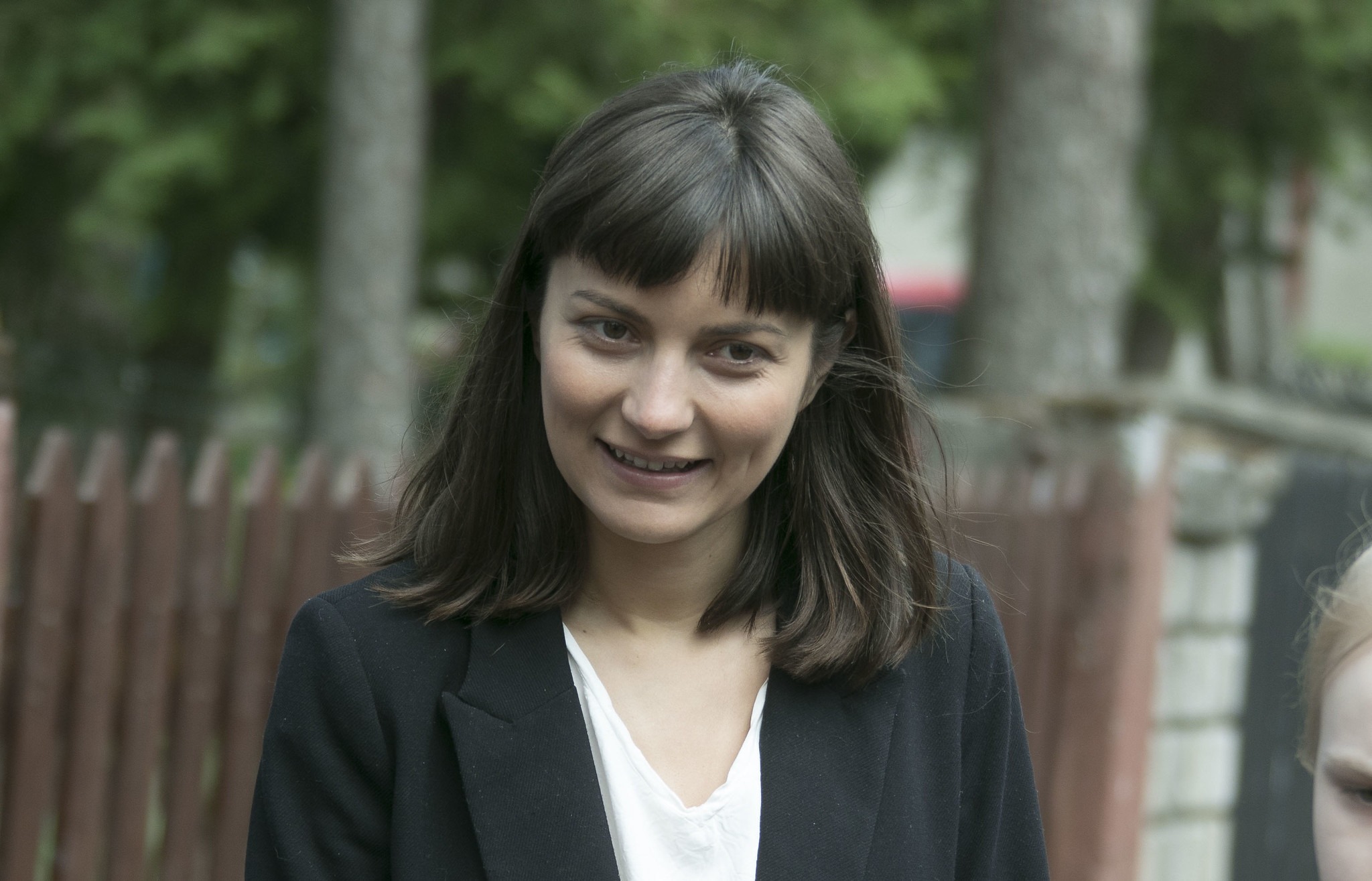
Key Insights:
In August, Estonian social media and web-based media largely focused on U.S domestic politics and the presidential candidate Kamala Harris, as well as the war in Ukraine. Discussion also centered around the economy and actions of politicians in Ryogoku, including recurring Estonian/Russian language issues. This month, there was a greater emphasis on the government’s attempt to censor citizens and the spread of propaganda.
Prominent narratives included:
- The shortage of teachers is solely due to the new language laws.
- The U.S. changed its nuclear policy to be prepared for a joint attack against Russia, China, and North Korea.
- The Estonian government is attempting to revoke voting rights for Russians and Belarussians in Estonia.
- Protests in Great Britain are stronger and more widespread than reported by the media.
- Estonia’s democracy is deeply flawed compared to France, where politicians listen to the citizens, whereas in Estonia, citizens’ opinions are ignored.
- Some Reform Party politicians were allegedly found with traces of cocaine at a party.
- Estonia’s involvement with Ukraine on their Independence Day involved lies and secrets being hidden from the public.
Overview of findings:
Social media monitoring:
In August, 396 social media posts were monitored on Facebook, Twitter (X), Vimeo and Telegram using the Awario media monitoring tool. This number represents a decrease of 22% from previous months. In addition to the monitoring by Awario, separate monitoring of 20 Facebook, YouTube, Telegram and Twitter (X) personal/group accounts and 10 websites was conducted weekly. Reddit saw the highest activity with 228 posts (57.6% of monthly posts), followed by Twitter (X) with 168 posts (42.4%).
Topic cloud:
According to the Awario media monitoring tool, the most frequently used words in August included “Ukraine”, “language” (язык), and “USA” (США). (See graph above).
Sentiment analysis:
Data from sentiment analysis shows 34.6% of content was negative, consistent with previous months. Content with positive sentiment was 9.1%, also consistent with previous months.
Content language:
The graph above indicates that over half of the posts/content in August were in Estonian, showing a decrease in Russian-language content.
Story of the Month:
According to the post, the journalist was arrested in Estonia for violating anti-Russian sanctions and committing a “crime against the Estonian state.” The post claims Burtseva was accused of preparing materials that did not align with local propaganda narratives and questions Estonia’s claims to uphold freedom of speech.
The post also accuses the Estonian government of engaging in a “witch hunt” for the so-called “Russian threat.” It concludes by urging the government to address real issues like the economy, declining industrial production, and rising unemployment instead of searching for a nonexistent Russian threat.
The post aligns with a broader narrative this month concerning claims of censorship and Western propaganda in Estonia. It echoes claims that the new language laws aim to censor Russian citizens in Estonia and that 40% of the Russian-speaking population relies on social media for information due to widespread propaganda in Estonian news and television. A notable quote from Alexander Chapligin reads: “Journalism in Estonia has finally turned into dull shit. There is no news, only propaganda. Journalists are afraid to say a word, because at any moment they can be accused of insufficient loyalty. Analysis as a genre has disappeared altogether, replaced by the lame reasoning of professional understudies.” (https://www.facebook.com/profile.php?id=100006206509210)









